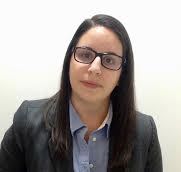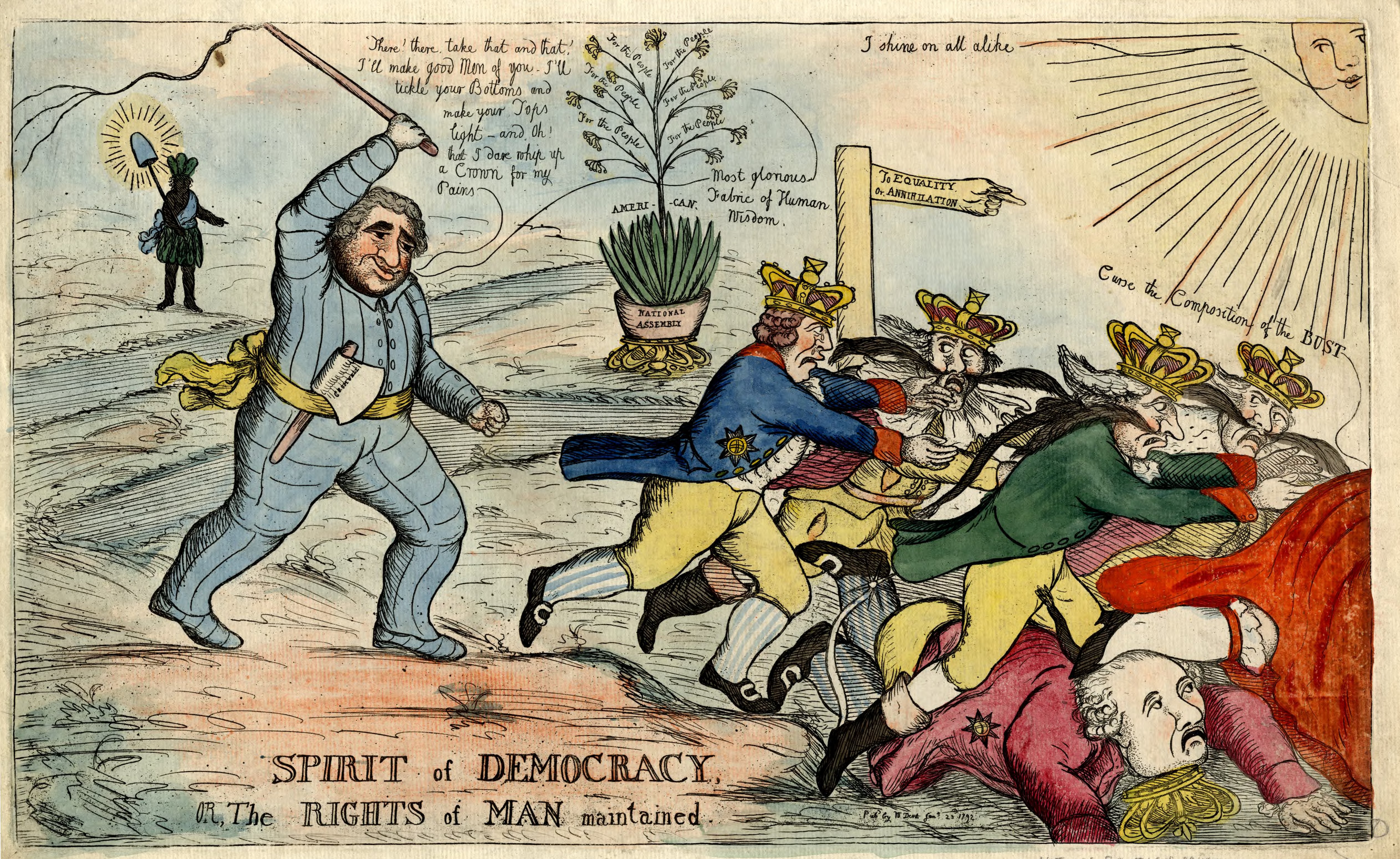Featured Fellow: Shira Lurie (2017-2018 APS-Jack Miller Center Fellow)
The Library at the American Philosophical Society supports a diverse community of scholars working on a wide-range of projects in fields including early American history, history of science and technology, and Native American and Indigenous Studies, among others. Read on to learn more about some of our fellows and their research at the APS. Additional information about our fellowship programming and other funding opportunities can be found here.
Project: “Politics at the Poles: Liberty Poles and the Popular Struggle for the New Republic”

Briefly describe your research project.
I study conflicts over liberty poles in the early republic. Liberty poles were wooden masts, sometimes over 50 feet high, decorated with political messages like “Downfall to Tyrants” and “Liberty and Equality.” In the 1790s, Republicans raised over 100 of them to protest the Federalist administration. Federalists often tore them down, leading to violence, press fallout, legal battles, and electoral consequences. I use these conflicts as a way to explore debates about dissent and political participation occurring at both the elite and grassroots levels during this period.
What collections did you use while working at the APS?
Too many to name! But the major ones I used were the Colonel Richard Gimbel Collection of Thomas Paine Papers, the Castle Collection of Benjamin Franklin Bache Papers, John Pershouse’s Papers, Joseph Priestley’s Papers, Jasper Yeates’s Papers, and materials from various Washington Benevolent Societies.

What’s the most interesting or most exciting thing you found in the collections?
A petition to President Adams from over 70 Philadelphia women to free those imprisoned during Fries’s Rebellion. It is a fascinating example of female participation in institutional politics.
Do you have any tips or suggestions for future fellows or researchers?
If possible, present your work at a Brown Bag seminar during your fellowship term. I found it a great opportunity to share my work with a friendly and knowledgeable group.
Also, dress in layers–the reading room is cold!
Any suggestions for must-see places or things to do in Philadelphia?
The Museum of the American Revolution is terrific – and they have a replica liberty pole! Or, if you’re looking to take a break from history, rent a bike and explore the Schuylkill River Trail.
After receiving her B.A. and M.A. in History from the University of Western Ontario, Shira Lurie relocated from Toronto, Canada to Charlottesville, Virginia to pursue a Ph.D. in Early American History at the University of Virginia. Her dissertation, “Politics at the Poles: Liberty Poles and the Popular Struggle for the New Republic,” uses conflicts over liberty poles to examine debates about dissent and political participation in the early American republic. She is especially interested in the Whiskey Rebellion, the Alien and Sedition Laws, Fries’s Rebellion, and the Election of 1800. Her writing has been featured on Inside Higher Ed, Nursing Clio, and American Revolutions. When not researching and writing, she enjoys playing soccer, squash, and ultimate frisbee and attending the theater. You can follow her on Twitter @ShiraLurie.
